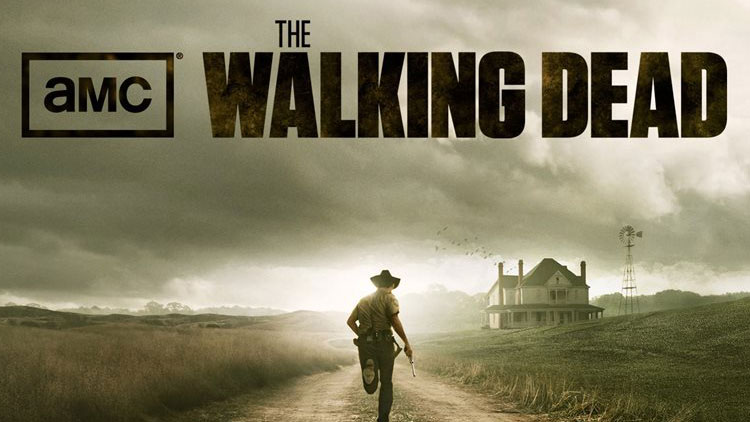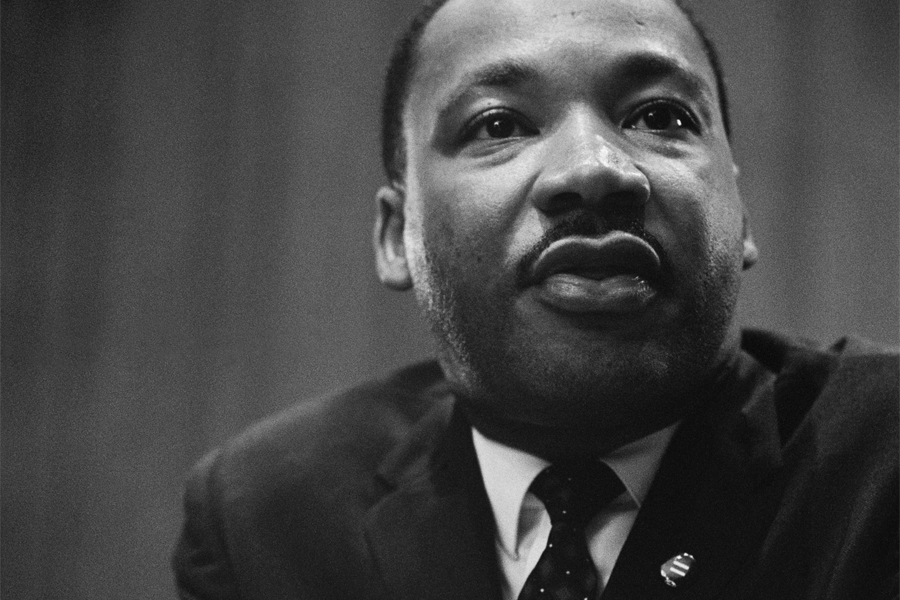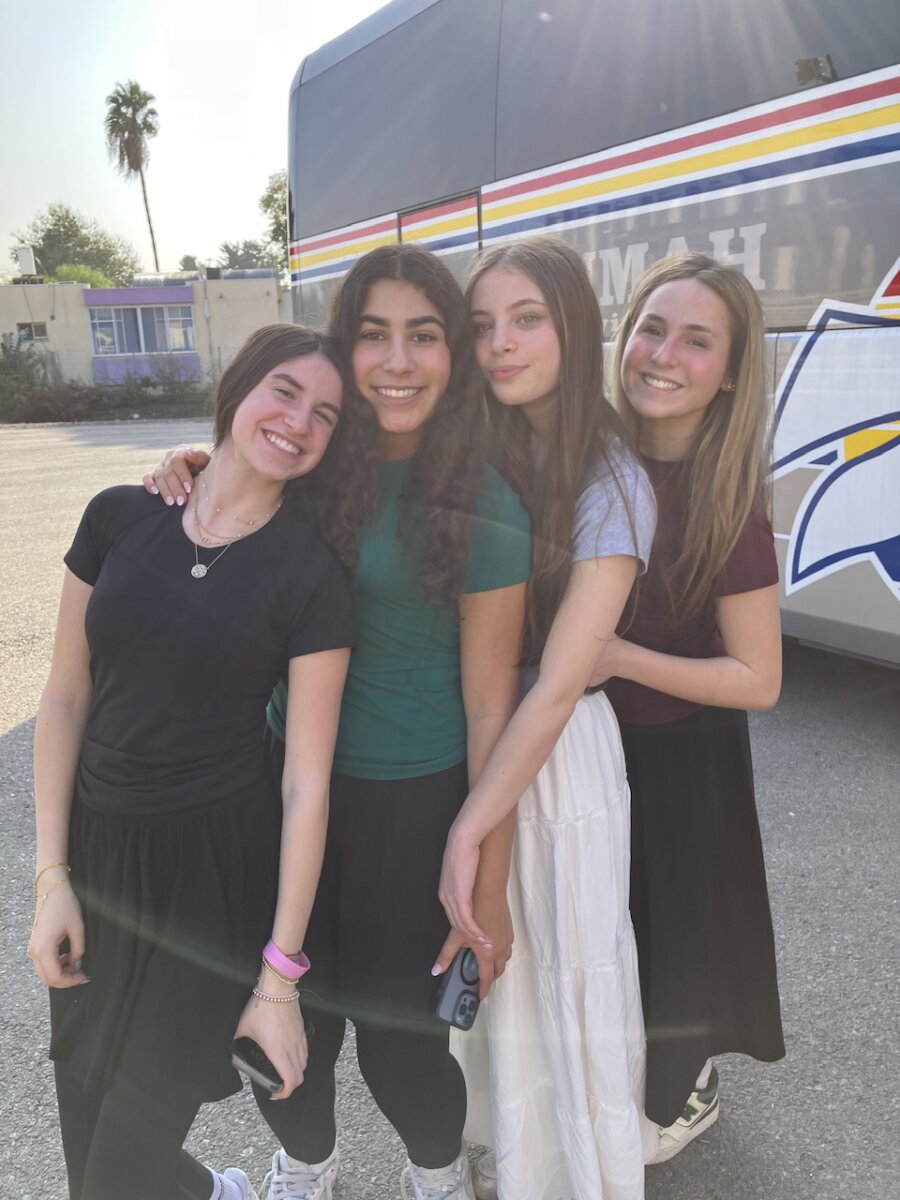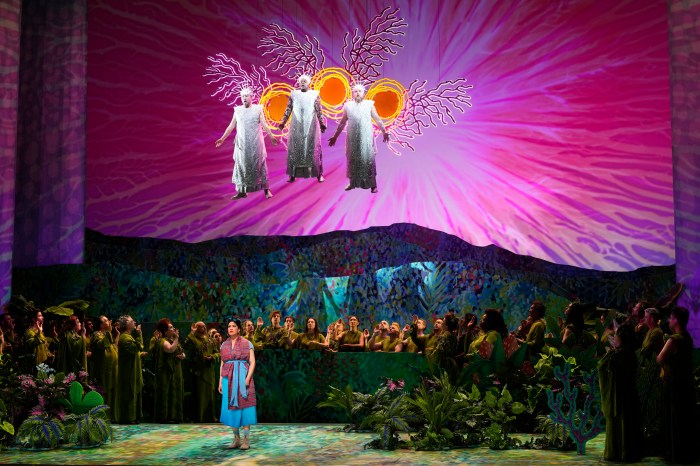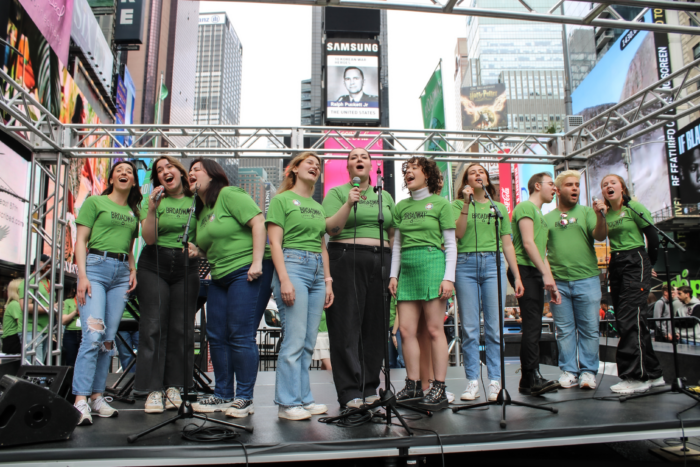By Lissa Harris
As much ink has been spilled about the latest episode of AMC’s The Walking Dead‘s as blood spurts in the zombie apocalypse TV hit, but there is still much left to dissect.
The last scene in the episode, “The Grove,” featured the death of the character Lizzie, a child with possible sociopathic tendencies, who was shot by the main character Carol—after Lizzie had murdered her younger sister to prove her theory that the zombies (or “walkers” as they are referred on the show) are still people. This heartbreaking scene has some viewers and critics wondering if TWD has gone too far. Before we discuss that, let’s break this scene down based on what we now know about the characters involved, how the show has featured children, and why and how we watch TWD.
Carol began season 1 as a battered wife. Her husband was a loathsome character whom most experienced viewers assumed was expendable. His death later in the season served not only as sweet satisfaction but as a way to give Carol more depth and strength as a character.
She suffered more tragedy in season 2, when her daughter Sophia went missing, only to be found as a “walker” and then shot in the head by Rick Grimes, the show’s protagonist. With each tragedy, Carol emerged stronger and harder than before, an understandable by-product of living under the constant threat of death. So, by season 3, Carol had become a valued member of the group.
But, season 4 revealed a darker side of Carol, when her moral judgment came into question after she decided to teach the children how to use weapons. She later killed two members of the group because they carried a virus that threatened the camp. Rick subsequently shunned Carol, and she was banished from the group. She wasn’t seen again until the 10th episode of season 4, when she helped Lizzie and her sister escape a “walker” attack.
Remember that the opening scene of the first episode in Season 1 featured a cop, later known to us as Rick, and a child who was walking away from him. Rick identified himself as a police officer and told the girl that he could help her. When she turned to look at him, she was revealed to be a “walker” and Rick shot her in the head.
I believe that the writers purposely started TWD here to tell the audience that this show was going to be different. The chilling idea of murdering “monster” children is not new, however. We’ve seen it many times before in movies like 1956’s The Bad Seed, 1993’s The Good Son, 2004’s Dawn of the Dead and more recently in World War Z.
It’s the most horrific scenario that we could imagine: being faced with the impossible decision to kill a child who had become a monster.
TWD takes this idea and twists it in seemingly unimaginable ways. The writers have figured out how to show the rest of us just how truly awful our lives could be. After Sophia’s death in season 2, what happened in “The Grove” episode is simply the next step in the evolution of an “infected” child’s role in this dystopian society. Lizzie may not have been a “walker,” but her death was just as necessary in a world that can no longer properly care for the mentally ill.
“Why do you watch that show?” is a question I get a lot. “Oh, I can’t stand all the violence and gore,” is usually the asker’s response to my explanation.
I feel oddly comforted by TWD—and I know I’m not alone.
As I watch the gruesomeness and pure terror unfold from my cozy couch while I sip my hot tea with honey, I am repeatedly reminded of how great my life is, regardless of my “high-class” problems as they relate to what’s happening on the screen. I also find it inspiring to watch each character struggle through the most horrific circumstances only to come out clean on the other side. They’re all survivors, and every week I look forward to the inevitable triumph of the human spirit. It leaves me filled with hope for the future of humankind.
I don’t think the writers are concerned at all with testing the limits of what our eyeballs can withstand. I think they are more interested in finding out what happens to our value system when we’re faced with a world that puts every truth we hold dear in doubt. What is expected of us when we are suddenly faced with the penultimate role at the top of the food chain?
I don’t think even they know the answer to that question yet. Carol’s mercy killing of Lizzie was the writers’ way of getting her back in our good graces. She is once again an empathetic character. Our hearts break for her, but we know, given all she has endured to this point, that she will prevail. Our feelings of hope and comfort have returned—and we feel this way because she shot an innocent child in the back.
Suddenly, our own lives don’t seem so bad.



